In a secluded village in Podlasie, Tomasz is left alone when his wife and daughter go on vacation. During a hunting trip, he wounds a men, leading to the development of a dangerous bond.
La Manche
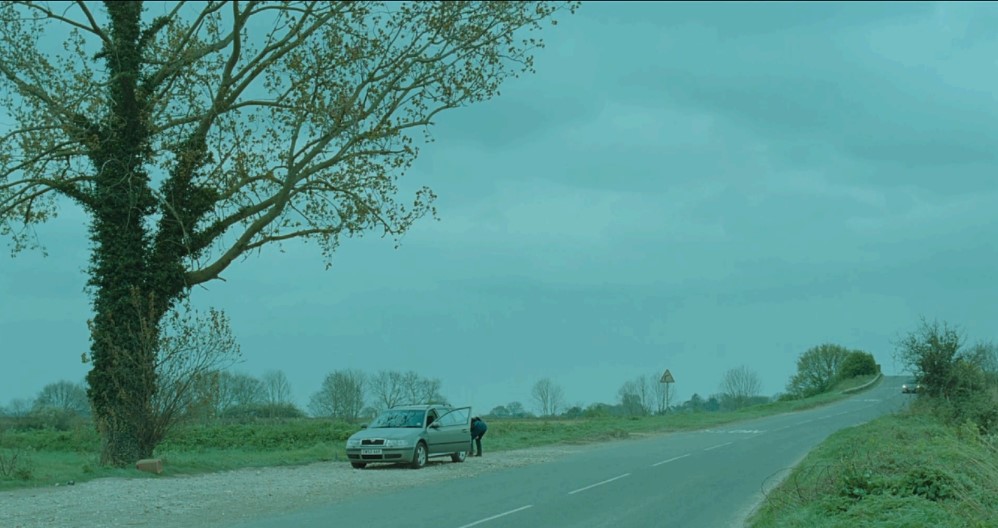

In a secluded village in Podlasie, Tomasz is left alone when his wife and daughter go on vacation. During a hunting trip, he wounds a men, leading to the development of a dangerous bond.
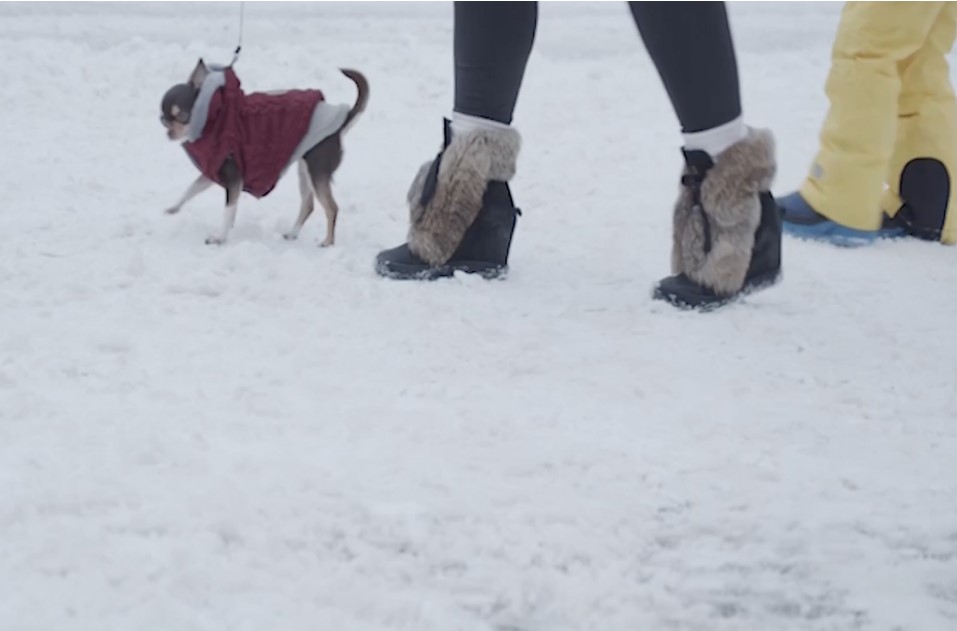
In the serene beauty of Tatra mountains, an asphalt road leads to a picture-perfect but overcrowded lake. Everyday thousands of tourists walk the same narrow path as if on a pilgrimage. The opera about mass tourism and nature amidst climate breakdown.
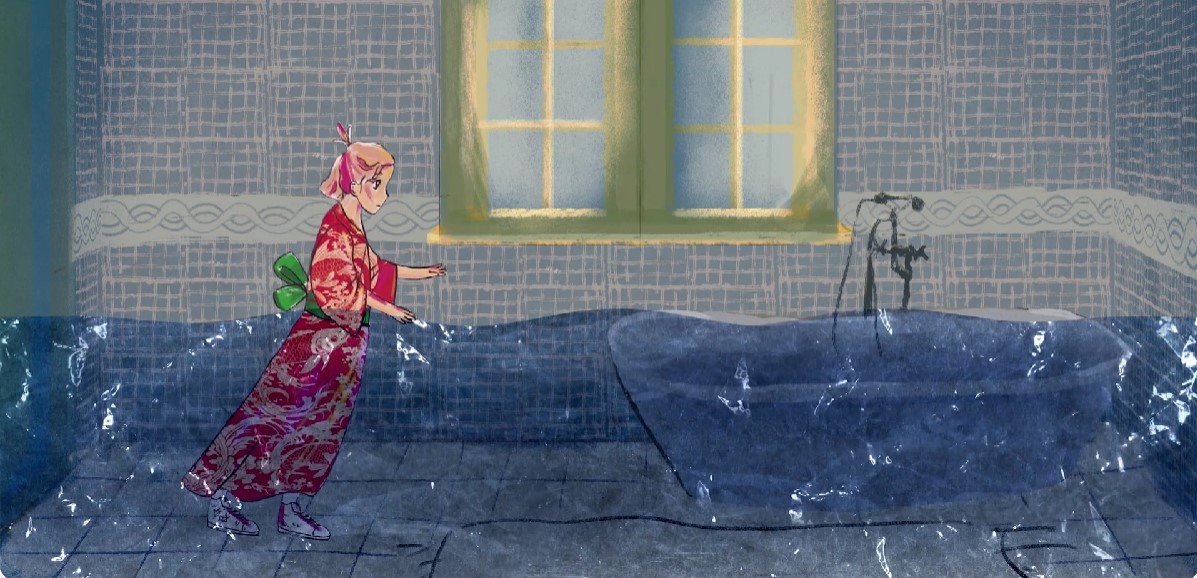
„I’m waiting for mom and dad. Calendar ends today. A lot of us will die,
but not like Grandpa two years ago, only worse”. This is a morning
report from ten-year-old Daga. The girl is prepared for all threats.
Unlike her parents…
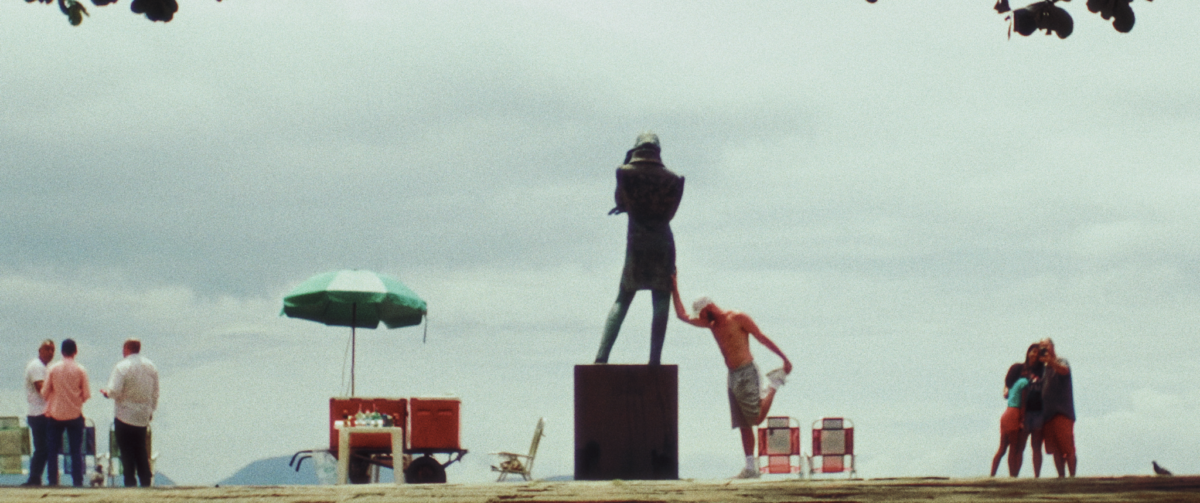
August Zamoyski: Polish aristocrat who abandoned his family fortune to pursue the dream of becoming an artist. Often compared to Michelangelo, amazing sculptor, outstanding athlete, amateur filmmaker, avant-garde dancer, collector of fancy cars, teacher but also a scandalist who got married four times. His life story, full of sudden twists and turns, was a movie script waiting to happen.
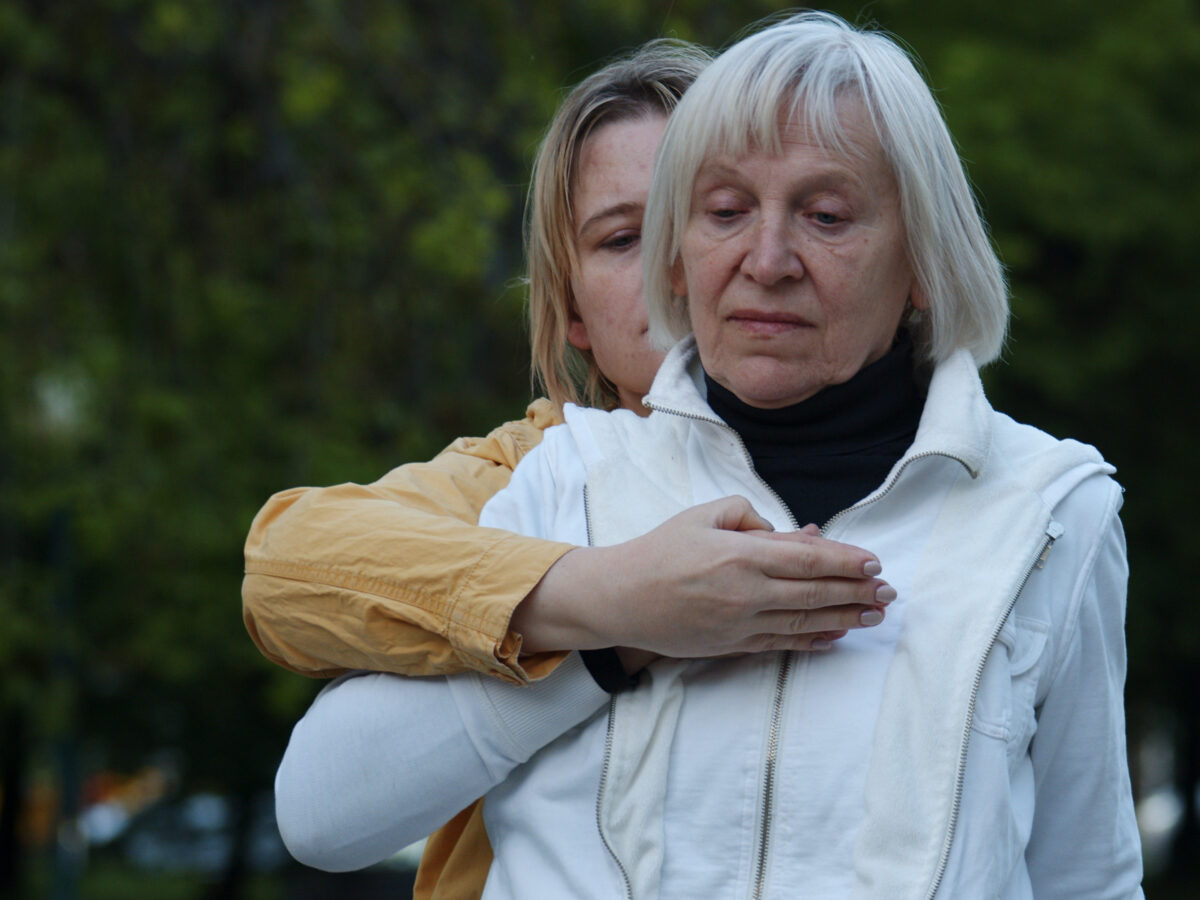
Acclaimed documentary filmmaker Zuzanna Solakiewicz reinterprets Kieślowski’s iconic film. In her feminist response, she argues that not only in the world of dance but also in the contemporary understanding of femininity, there is space for both sisterhood and intergenerational exchange of experiences, as well as the pure joy of being in one’s body.
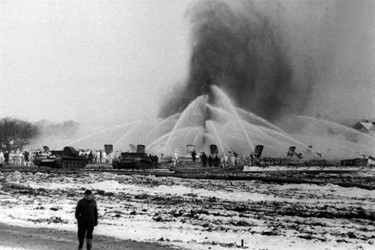
In 1981 Poland was on the verge of an unravelling revolution. Exciting time for people, troublesome for the authorities. Full of absurd and unexpected energy found footage film about imposing martial law.
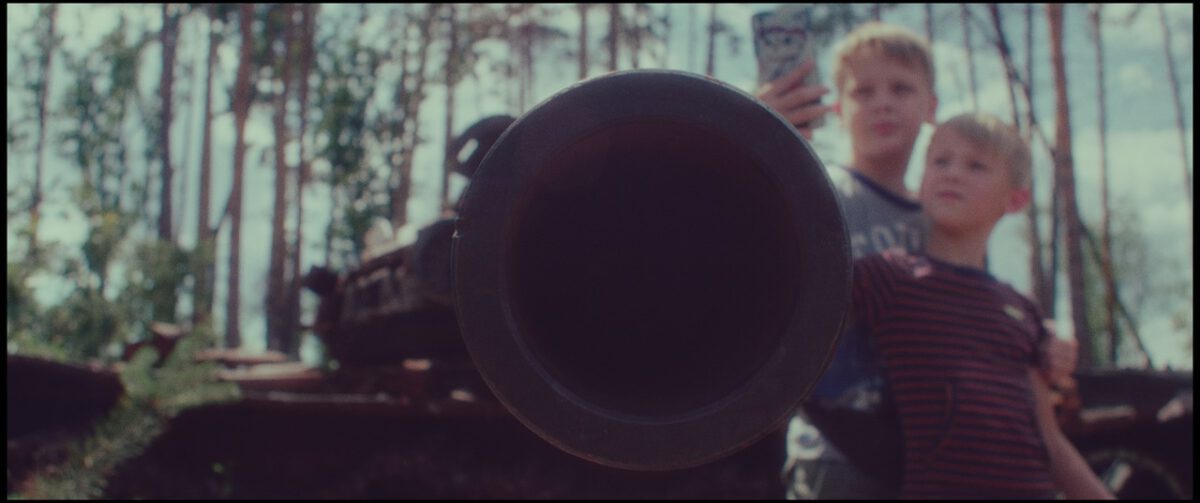
Months into an unprecedented war raging just across the European Union border, filmmakers Piotr Pawlus and Tomasz Wolski journey deep into the shelled-out state, in the hope of capturing “the new normal” of the Ukrainian people.

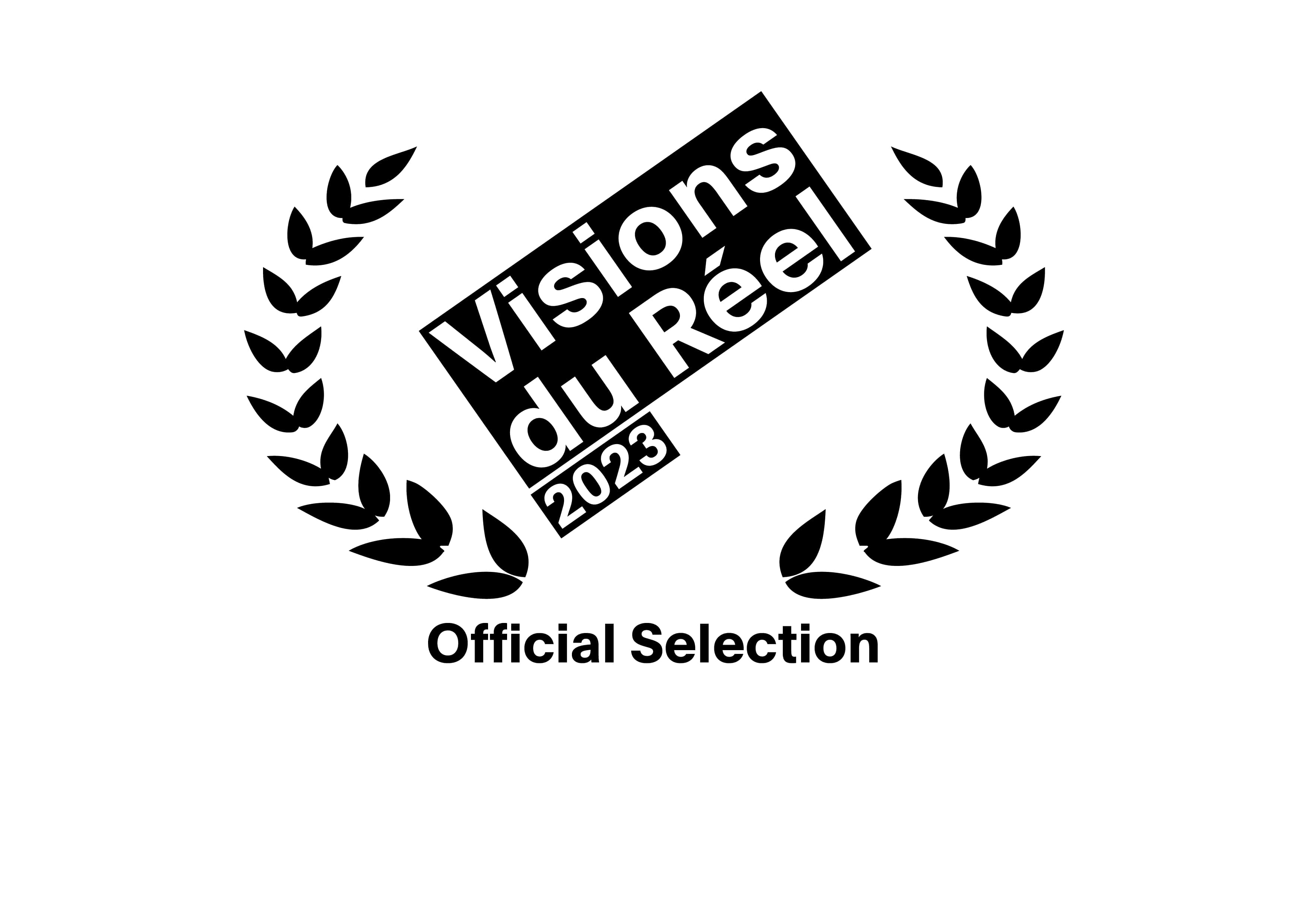
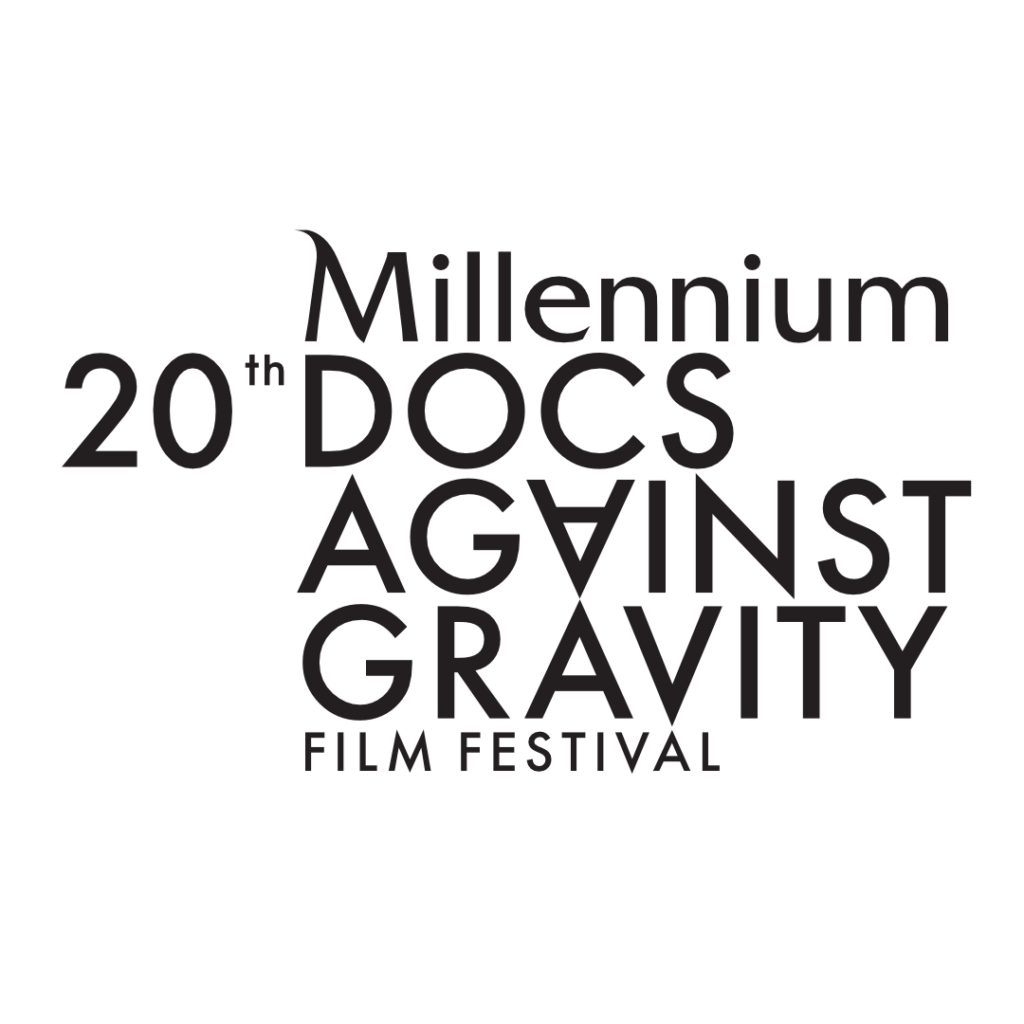
The film had its world premiere at the Berlinale Forum – Berlinale International Film Festival.
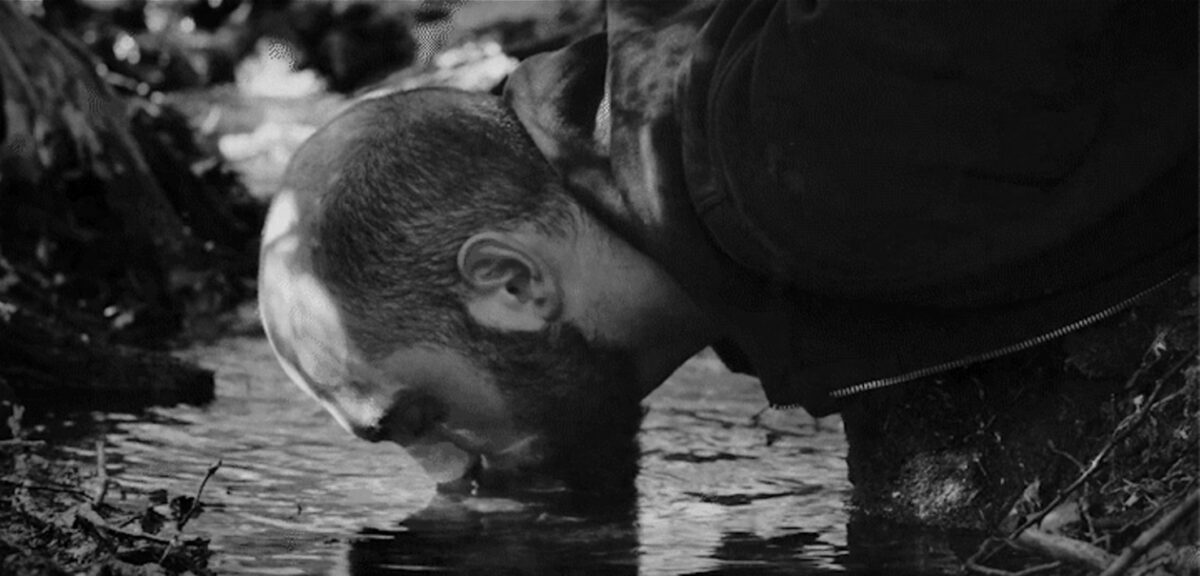
A minimalist thriller based on true events. The story follows a year in the life of a serial killer until his capture by the police after committing three murders in the Czech forests.
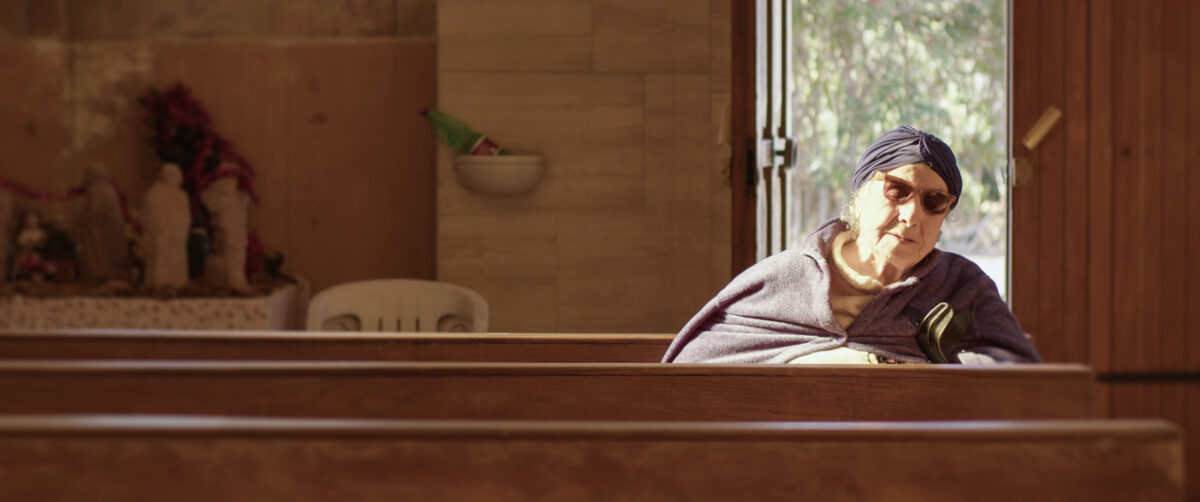
Isabella Flore is 91 years old and has an explosive temperament. She is a deeply religious catholic and a fortune teller. She is also the only inhabitant of a Sardinian village next to what was once the world’s largest river dam. Today, the dam is in danger of collapse and the village stands abandoned.
Isabella is often visited by people who look for her prophecies. But whoever arrives expecting a quiet old lady blinks their eyes in astonishment. She is despotic, loses patience easily and has a bawdy sense of humor.
But despite her strong character, she grows weaker. When the guests leave, she puts on her oxygen mask and breathes heavily. Isabella has one dream. Before she dies, she wants to renovate the abandoned village.
She crosses out successive lottery tickets and writes letters to the authorities asking them for action. There is not much time left. According to her own prediction, she will die in 2 years. She does everything to save the memory of the village and of herself.
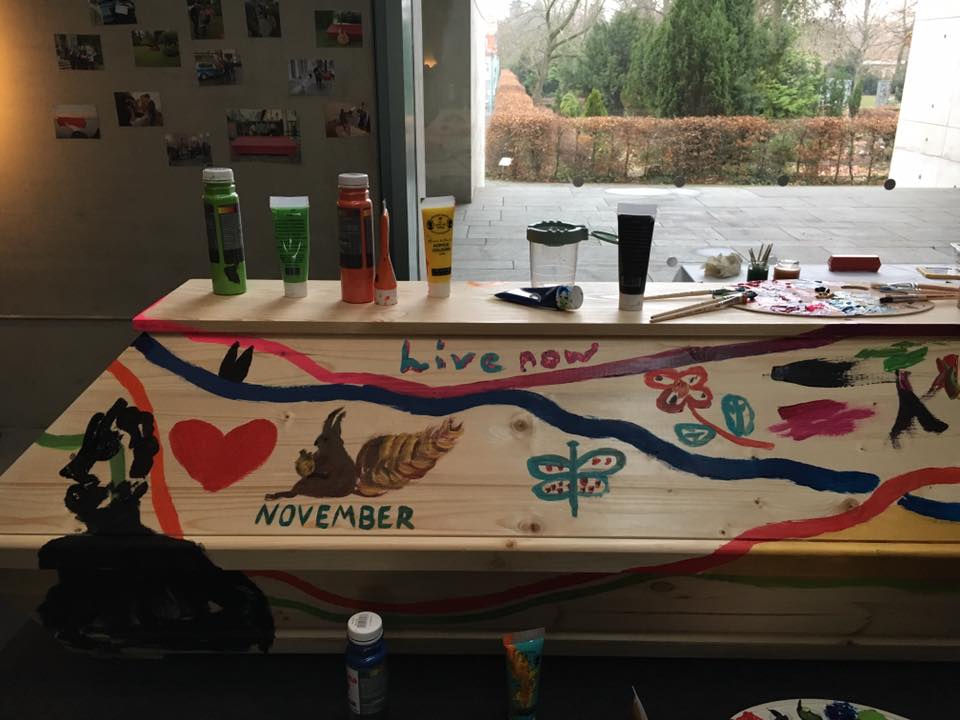
The film „You have to go, the others stay” is to be centered on death, loss and the need for inventing new traditions to help overcome grief. It will feature a group of people, whose personal experience will serve as a point of departure for describing the world of lack after the death of a loved one.
At the basic level, the film will feature meetings, so called dinners of death. This initiative brings together strangers who all experienced loss, discussing the topic of death at the dinner table. Free of social convention, their conversations are full of grief, anger and laughter, giving a new perspective on bereavement. Our guides in this world will be Anja Franczak, the only licensed death doula in Poland.
On a deeper level the film conveys the need for constructing new funerary traditions, as the previous ones have proven dated and ineffective. I would like to show these new rituals as psychological tools that the protagonists use to survive the loss of a loved one. The structure and narrative are intended to follow the group process, without resorting to interviews.
On a third level the film aims to show the burial ceremony as a ritual that requires transformation.
Our guide in the world of funerary rites will be Jan Möller, founder of the Center for Funerary Culture and Education in Berlin, a pioneer in discourse of death.
I wish to create a multi-faceted film portraying the process of reclaiming the subject of death in modern culture.